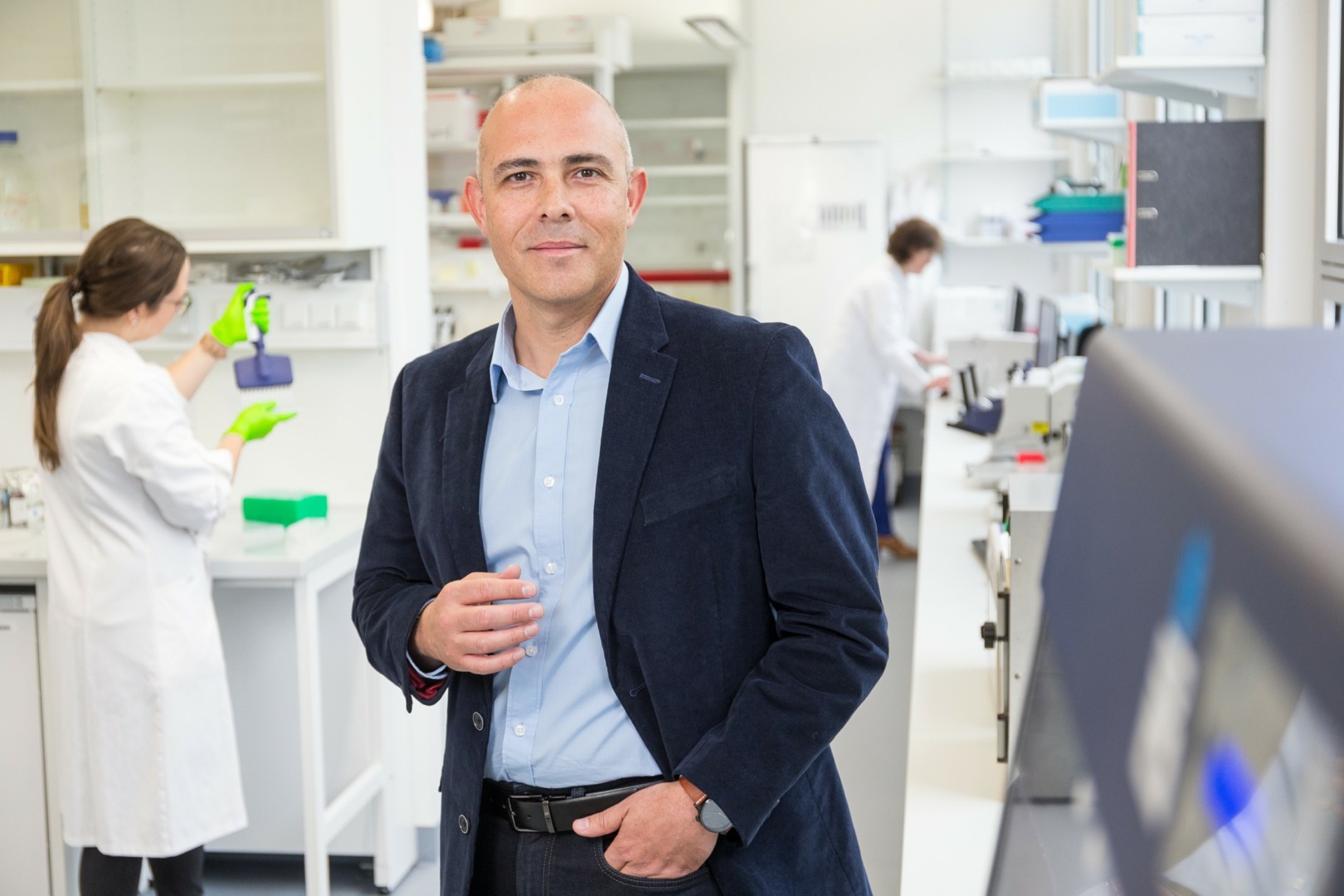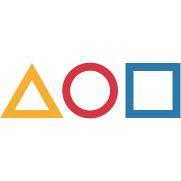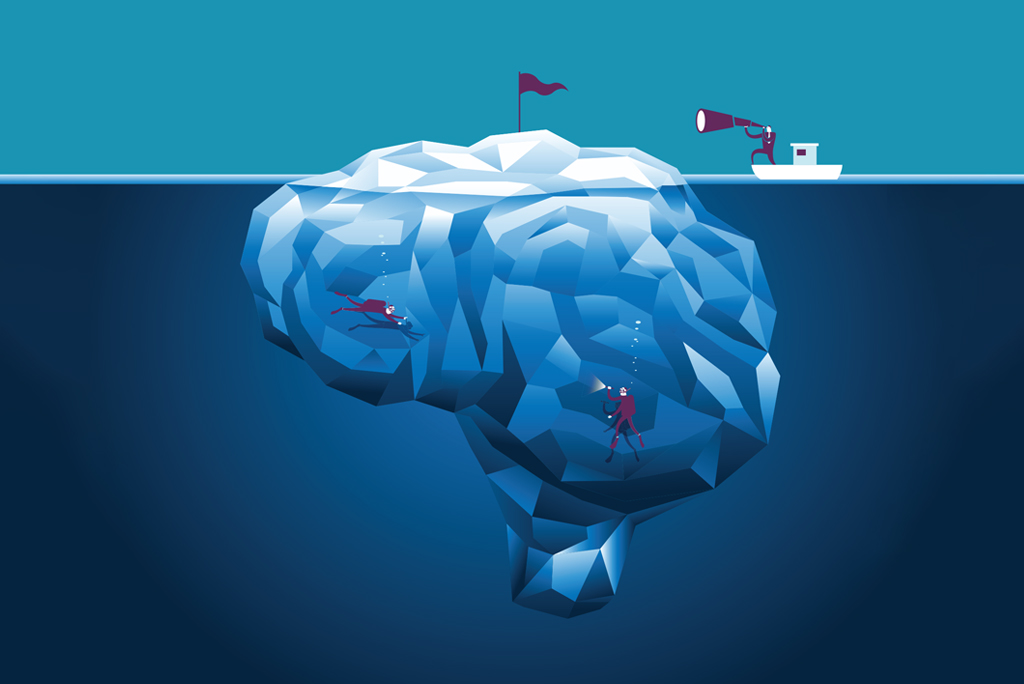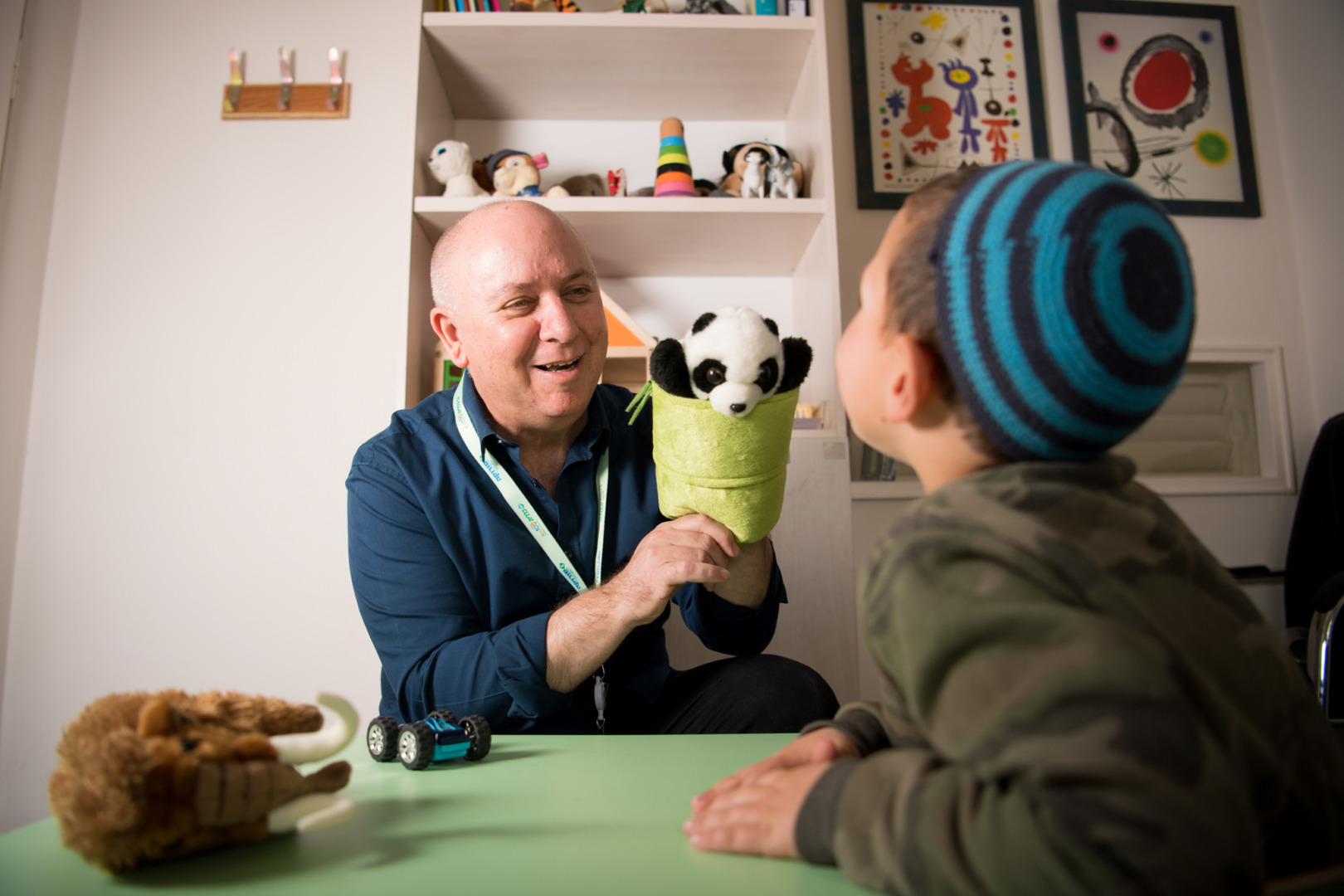In November 2021, the Azrieli Foundation and the Weizmann Institute of Science announced the establishment of the Azrieli Institute for Brain and Neural Sciences.
With the Foundation’s leading donation of US$50 million, the Weizmann Institute campus in Rehovot, Israel will be home to a new flagship neuroscience research institute, housed in a state-of-the art building. This is the latest chapter in the Azrieli Foundation’s long-time partnership with Weizmann; prior to this gift, the Foundation gave nearly US$30 million for a range of Weizmann research endeavors, facilities and fellowships.
Prof. Alon Chen is the President of the Weizmann Institute of Science, and an active neuroscientist who studies the neurobiology of stress. We spoke with Prof. Chen about the new initiative and his vision for its future.
Azrieli Foundation: It has been a year since the announcement of the Azrieli Institute for Brain and Neural Sciences. Can you talk about any developments?
Alon Chen: It was a fantastic year of fundraising for this important project. We have already raised 91 per cent of the cost of the construction of the building, which is on schedule to start in July or August, 2023. In brain and neuroscience, the medical need is so immense, and it’s such a complex system, that it was relatively easy to excite the community around the world.
We also made some structural changes to prepare for the academic launch such as organizing our approximately 40 neuroscience research groups on campus into two departments – the Department for Brain Sciences and the Department for Molecular Neuroscience – which will enhance the capabilities of the Azrieli Institute.
AF: The announcement emphasized the creative interfaces that can emerge when scientists from various disciplines work under one roof. Can you give an example from your own research where physical proximity to scientists from other areas of expertise made an impact?
AC: Our scientists have the freedom to explore. Especially within the domain of neuroscience – this is such a multidisciplinary field that you need people not only from the biomedical fields to provide their expertise, but also from physics, math, computer science, psychology and so on. From my own experience in biomedical neuroscience, I can give two examples.
My lab is studying the brain’s responses to stressful stimuli and how this is related to different psychopathologies, and we are collecting a lot of behavioural and physiological data. The collaboration with Prof. Elad Schneidman’s lab allowed us to establish mathematical models to extract knowledge from the vast amount of data that we are generating. We managed to develop a much more sophisticated approach and ensure the preclinical animal research stage more closely resembles the human pathology. This would not have happened if Elad and I hadn’t crossed paths in the corridor and gone to lunch or coffee to discuss these concepts together – which is exactly what we did.
The second and shorter example is collaborating with clinicians – in my case, psychiatrists. The clinical perspective totally changes the way we approach certain questions. Human and clinical data allow us to expand the type of science we are doing.
AF: Weizmann has a strong vision of “science for the benefit of humanity,” and is internationally renowned for excellence in fundamental research. What is your approach to translating discoveries from basic science into knowledge that benefits people?
AC: We all agree that it’s important to find solutions for Alzheimer’s or ALS, but our approach is not to develop a treatment per se. Our aim is to develop solutions through a very deep mechanistic understanding of the systems. And this recipe has been working for almost 90 years now. It may take two or three decades to see the impact – but eventually, it’s creating huge leaps in knowledge that benefit humanity.
AF: You became the president of Weizmann in December of 2019, only a few months before the effects of the pandemic were felt worldwide. How did that affect your vision of what you wanted to do at the Institute?
AC: The Weizmann never really stopped working. With all the limitations, we kept the science going, and we succeeded in doing so even though we periodically had to reduce the number of people on campus dramatically to keep everyone healthy. The pandemic didn’t change my scientific vision, but it helped shape part of it in the sense that the public and policymakers and politicians realized that science was responsible for the solution – and that science can and should actively be promoted on the world stage. While COVID was an extremely unfortunate thing, the turn of events in the last few years has put us in a position to further promote our scientific vision for the Institute.
When the pandemic started, we had only two research groups working on viruses, and within two or three weeks, our scientists initiated more than 60 research projects on COVID – representing 25 per cent of all the research on campus. Not because we asked them to, but because they had the freedom of philosophy, and they just decided they wanted to take part. In response to our scientists’ initiatives, we established a fund for COVID research, and our supporters worldwide contributed, within weeks. We are very proud of what we have achieved over these two and a half years.
AF: One of your first official visits as president was to Canada in February 2020. Why did you feel compelled to make Canada one of your first destinations in your new role? And how do you envision the collaboration between Israeli and Canadian institutions going forward?
AC: We have an extremely strong community of friends of the Weizmann Institute in Canada, which encouraged me to visit and promote my scientific vision in my first months as president. Susan Stern, CEO of Weizmann Canada, is doing amazing work building and nurturing these relationships. We also have a long-term relationship with the Azrieli Foundation in Canada – as you know, this is not the first gift. [Other Azrieli investments at Weizmann include the Azrieli Institute for Systems Biology and the Azrieli National Institute for Human Brain Imaging and Research, and a major donation for Fragile X research.]
Many of our scientists have ongoing collaborations with Canadian scientists, and we are trying to expand this as much as we can. Recently, we had a terrific delegation of Canadian university presidents who visited multiple universities and institutions in Israel, including Weizmann. The Azrieli Foundation was a sponsor of this visit. I am already in communication with several of university presidents to develop future partnerships.
AF: The Azrieli Foundation, Weizmann Canada and the Weizmann Institute of Science have maintained a special partnership over many years. What makes this an effective philanthropic partnership?
AC: It’s a combination of trust, goals and vision. I think the Weizmann Institute and the Azrieli Foundation have a very similar approach toward science: curiosity-based research, academic freedom, a focus on scientific excellence.
It’s easy to work with people who really have the passion for science, and it’s strongly reflected in my discussions with the Azrieli Foundation team. They have a strong passion for neuroscience – and for me, it’s easy, because I’m a neuroscientist – but regardless, this is clearly the last frontier in biomedical research. Solutions will only come from a foundational understanding of this complex machine, by bringing together the brightest minds from different fields of research and providing them with the resources and the right setting to generate new knowledge – together. The campus is extremely excited about this initiative.
As for the establishment of the Azrieli Institute for Brain and Neural Sciences, it goes without saying that such a visionary donation creates momentum, inspires others and sets a high bar for giving.
This interview has been condensed for length and clarity.







